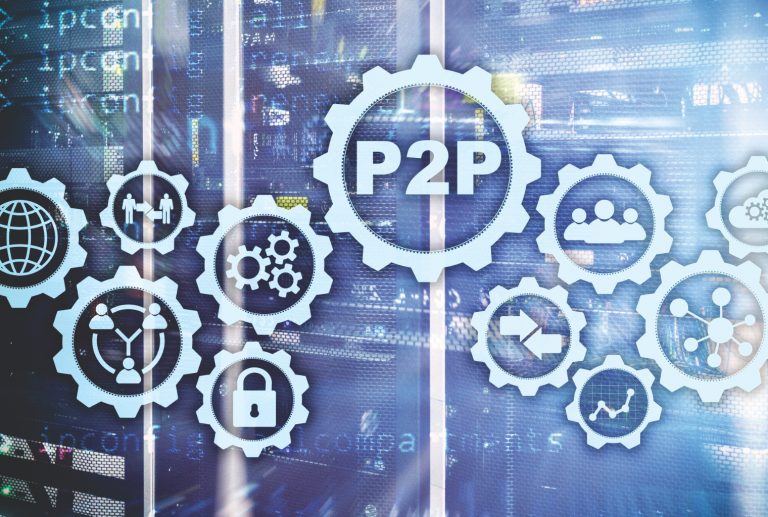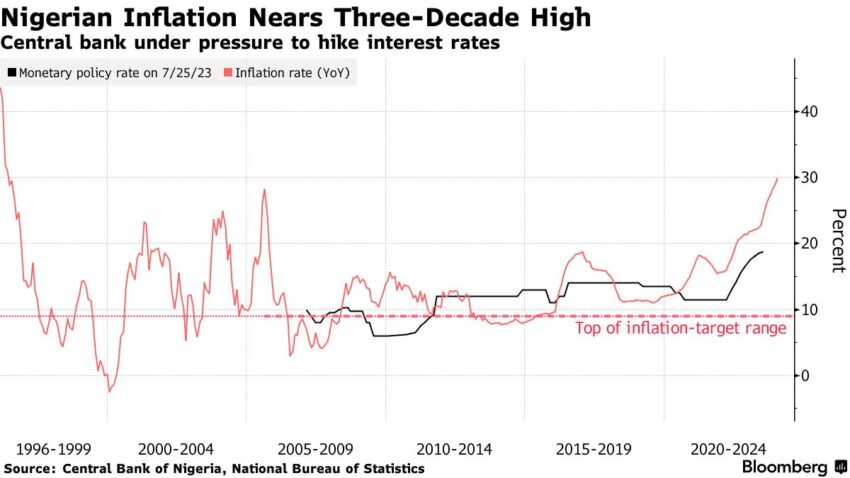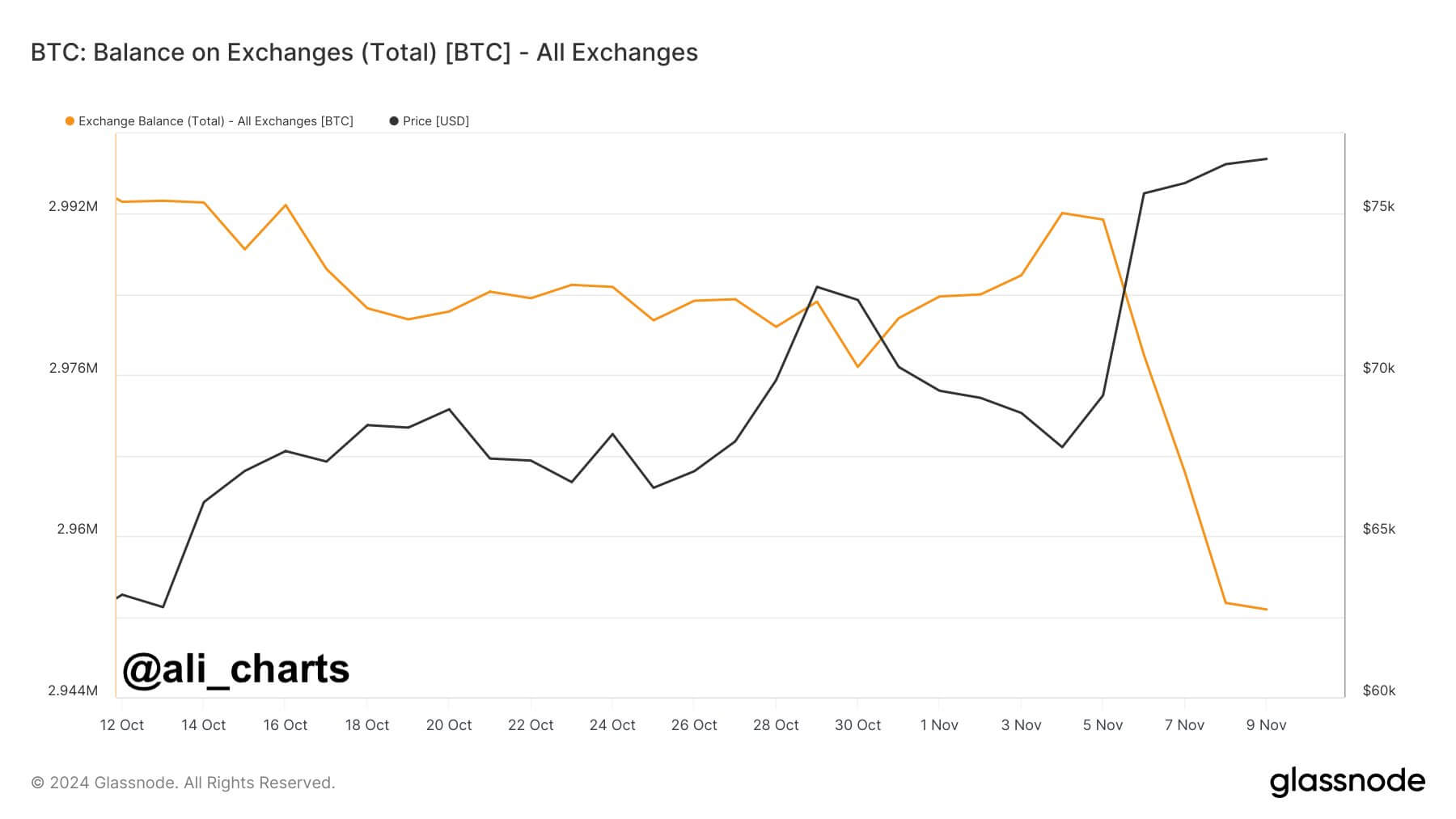
2019-11-23 09:58 |
With the Supreme Court of India postponing the crypto hearing, the Indian crypto community is calling for better protection when trading on P2P platforms. Several top crypto exchanges in the country have shared their processes and policies they have implemented to protect their P2P platform users.
Also read: Indian Supreme Court Wraps up Crypto Hearing for the Year
A Standard KYC ProtocolWith the Indian supreme court postponing hearing the arguments against the banking restriction by the central bank, crypto traders in India will have to continue using peer-to-peer (P2P) trading platforms to buy and sell cryptocurrencies for INR. In addition, the government has decided not to introduce the bill to ban cryptocurrencies in the Winter session of parliament.
Since the Reserve Bank of India (RBI) banned financial institutions from providing services to anyone dealing in cryptocurrencies, a number of local crypto exchanges began offering P2P trading to their users. However, according to Indian news analysis platform Crypto Kanoon, there are problems some people are facing when using these platforms. “Many users of P2P exchanges are facing bank account seizure & FIRs,” Crypto Kanoon explained last week. “Money they received for selling crypto was sent from hacked bank accounts … Enquiry reveals that the culprits often use fake KYC docs.”
“Hackers are easily able to create accounts on your exchanges either with fake ID’s or through identity theft,” Crypto Kanoon alleged, directing questions at local crypto exchanges concerning their anti-money laundering (AML), anti-terrorism funding (ATF) and know your customer (KYC) policies. Crypto Kanoon further wrote:
Do you think that the time has arrived when all the virtual assets services providers in India need to join hands together and design a standard protocol for KYC, AML & ATF? Especially when the draft bill will take time to get introduced in Loksabha.
“Don’t you think video KYC will help in controlling this growing menace?” the exchanges were also asked. Crypto Kanoon also set up a poll on Twitter asking the community whether they think P2P exchanges need to adopt stricter KYC process. In total, 788 votes were gathered and 84% said yes.
Crypto Exchanges RespondA number of cryptocurrency exchanges responded to Crypto Kanoon’s questions. The CEO of local crypto exchange Pocketbits, Sohail Merchant, explained that his exchange has “already deployed a customized video KYC solution since May for P2P trades.” He added, “You can be certain that the user you will be transacting with is thoroughly verified and not a scammer.” Noting that video KYC is mandatory for all INR-based transactions, he further clarified, “We do have certain other comprehensive checks to verify authenticity too.”
“For us, user safety is always number 1 priority,” Wazirx CEO Nischal Shetty emphasized, adding that his exchange has “stringent KYC processes.” Regarding the aforementioned problems, he shared:
Our data does not show this to be a large problem. Isolated cases may be. Nevertheless, we’re working on solving these isolated issues and will announce measures at the right time.
Responding to the question of establishing a standard protocol for all exchanges, Shetty agreed that it is “Definitely a good idea if everyone agrees to get together and do it,” but raised the issue of enforceability of such standards. His exchange was recently acquired by Binance.
Bitbns CEO Gaurav Dahake said his exchange would consider video KYC but for now users have to submit proof of identity, address, and a “Selfie with today’s date, Bitbns written, and signature.” He added, “we run it through a couple of checks on the images and post that a team manually verifies it.”
Coindcx CEO Sumit Gupta was adamant that his team takes security very seriously. “For KYC verification, we already have a system in place, where a user has to upload a selfie with PAN card and a list containing text (Coindcx, current date, and signature),” he explained. “At support, we verify the photo, user details, etc.”
‘Remarks’ Function Helps Avoid Bank Account ClosureIndian crypto traders are also facing the problem of banks closing their accounts if they are found to engage in any crypto activities, as news.Bitcoin.com previously reported. Banks look for clues including in the payment “remarks” box for any crypto-related keywords such as the name of crypto exchanges.
To combat this problem, Wazirx changed its payment remarks function on Sept. 25 after receiving multiple requests from its users. “This is the most wanted feature for Wazirx P2P,” the exchange wrote, adding that payment remarks are important for two key reasons. Firstly, it helps sellers confirm transactions faster, especially if they are dealing with multiple buyers. Secondly, it ensures that buyers do not enter keywords relating to cryptocurrency and get into trouble with their banks.
What more do you think Indian crypto exchanges should do to help protect P2P users? Let us know in the comments section below.
Disclaimer: This article is for informational purposes only. It is not an offer or solicitation of an offer to buy or sell, or as a recommendation, endorsement, or sponsorship of any products, services, or companies. Bitcoin.com does not provide investment, tax, legal, or accounting advice. Neither the company nor the author is responsible, directly or indirectly, for any damage or loss caused or alleged to be caused by or in connection with the use of or reliance on any content, goods or services mentioned in this article.
Images courtesy of Shutterstock.
Did you know you can buy and sell BCH privately using our noncustodial, peer-to-peer Local Bitcoin Cash trading platform? The local.Bitcoin.com marketplace has thousands of participants from all around the world trading BCH right now. And if you need a bitcoin wallet to securely store your coins, you can download one from us here.
The post What Indian Crypto Exchanges Are Doing to Protect P2P Users appeared first on Bitcoin News.
origin »Emerald Crypto (EMD) на Currencies.ru
|
|


